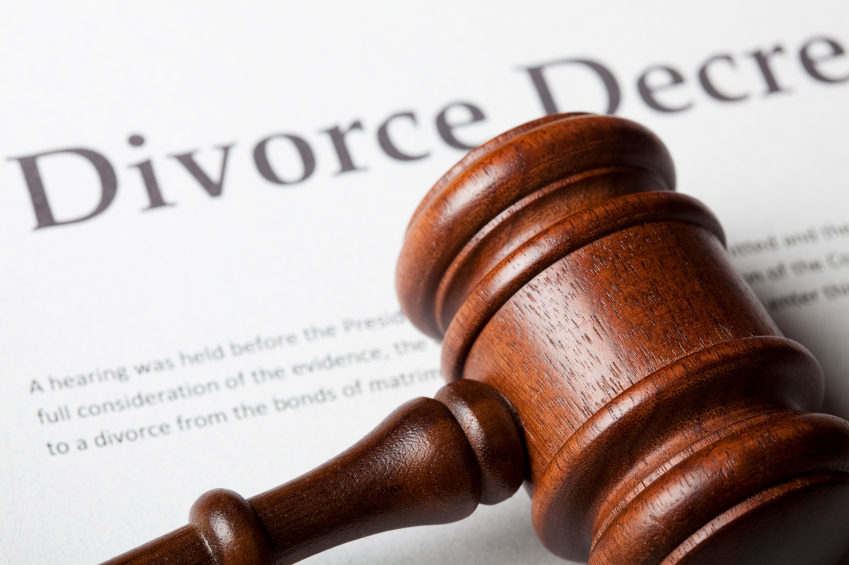You may have seen in recent news that pop star and X Factor judge Cheryl Fernadez-Versini will be divorcing her second husband. Recently, we also reported on the news that Gary Lineker and his wife of six years have also decided to part ways.
One reoccurring theme with an influx of celebrity divorces is the use of the term ‘Quickie Divorce’. This can often be perceived as a luxury given to celebrities or anyone of status or wealth.

So what is the reality? Will being a celebrity, or having wealth grant you a divorce quickly?
The honest answer is no, regardless of your individual background and circumstances, a ‘Quickie Divorce’ is indeed a myth. Generally it takes between five and eight months, however the length of time will always depend upon your particular circumstances.
Factors that will determine the length of time your divorce will take include court delays, how amicable your separation is, and how your family assets will be split. Naturally some divorces will be quicker than others, but as we said this is down to individual circumstances surrounding the divorce. There are no shortcuts, regardless if you are a celebrity or not!
So where has the term ‘Quickie Divorce’ derived from, and why is it used so vastly in the media?
One area of divorce the media could be referring to is the time it takes for a judge to pronounce a decree nisi, the stage before the decree absolute.
The decree nisi is a document from the court that states there is an entitlement to go ahead with a divorce; however this does not mark the end of your divorce. You will then receive your certificate of entitlement to decree, and after a further six weeks you can apply for a ‘decree absolute’ to officially end your marriage.
You may also remember the divorce between Nigella Lawson and Chares Saatchi that was reported as a ‘quickie divorce’ when they were allegedly granted a divorce in just 70 seconds. This was in fact the decree nisi, and like any other couple receiving this document from the court, they would then have to wait a further six weeks for the decree absolute to be submitted.
As we mentioned, there are no shortcuts, however there are things you can do to prevent certain delays during the divorce process:
1. Enlist the help of trained professionals: this will ensure that your divorce papers are completed correctly. With the help of specialist legal advice, you can avoid your documents being returned to you by the court due to errors in completion, as this will inevitably cause delays.
2. Complete your applications as soon as possible. Once you have reached the decision that you and your partner would like to go ahead with a divorce, apply for you decree nisi as soon as you possibly can.
3. Be as amicable as possible with your spouse. Although we completely understand that this is much easier said than done, the more you and your spouse agree on when applying for a divorce, the less like your divorce papers are going to be contested by the court.


